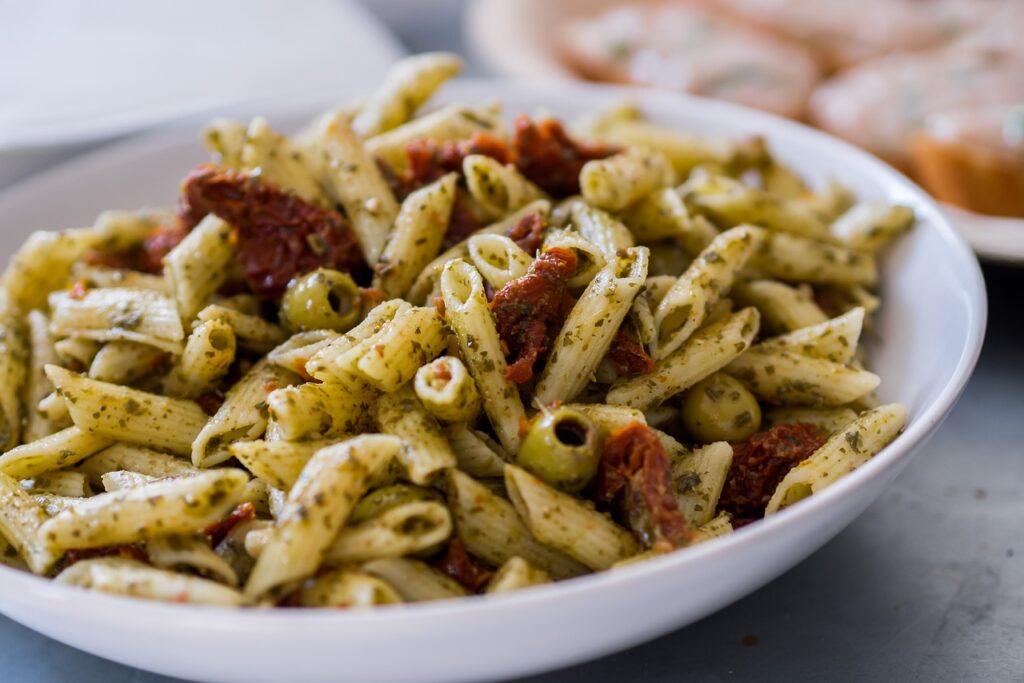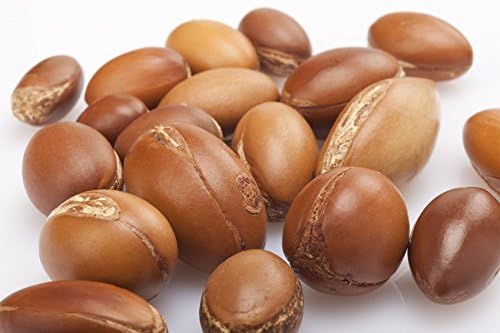The Mediterranean diet, a culinary style native to the Mediterranean region, has gained recognition worldwide for its health benefits and delicious flavors. It’s not just a diet; it’s a lifestyle that emphasizes healthy eating habits, physical activity, and enjoying meals with family and friends. In this comprehensive guide, we’ll explore the Mediterranean diet’s key components, its health benefits, and how you can incorporate this eating pattern into your daily life.

Understanding the Mediterranean Diet
The Mediterranean diet is based on traditional foods consumed by people in countries bordering the Mediterranean Sea, like Italy, Greece, and Spain. This diet is rich in vegetables, fruits, whole grains, beans, nuts and seeds, and olive oil. It includes moderate amounts of fish and poultry, and limited quantities of dairy products, red meat, and sweets.
Key Components of the Mediterranean Diet
1. Fruits and Vegetables: These are the cornerstone of the Mediterranean diet. Rich in vitamins, minerals, and fiber, fruits and vegetables are consumed in abundance. Aim for a variety of colors and types to maximize nutrient intake.
2. Whole Grains: Whole grains are an essential part of this diet. Foods like whole wheat, oats, barley, rice, and quinoa are common. They are consumed in their whole, unprocessed form for maximum health benefits.
3. Healthy Fats: Olive oil is the primary source of added fat in the Mediterranean diet, replacing other oils and fats. It’s rich in monounsaturated fats, which are heart-healthy. Nuts and seeds also provide healthy fats and are a great snack or addition to meals.
4. Fish and Seafood: The diet encourages eating fish and seafood at least twice a week. These are excellent sources of omega-3 fatty acids, which are beneficial for heart health.
5. Poultry, Eggs, Cheese, and Yogurt: These are eaten in moderate amounts. They provide a good source of protein and other nutrients.
6. Red Meats and Sweets: Consumption of red meats and sweets is limited in the Mediterranean diet. These are treated as occasional indulgences rather than daily food choices.

Health Benefits
1. Heart Health: Numerous studies have shown that the Mediterranean diet can significantly reduce the risk of heart disease. This is largely due to its emphasis on heart-healthy fats, fiber, and antioxidants.
2. Weight Management: This diet promotes foods that are high in fiber and rich in nutrients, which can help in maintaining a healthy weight.
3. Diabetes Prevention and Management: The Mediterranean diet can help lower blood sugar levels and improve insulin sensitivity, making it beneficial for people with or at risk for type 2 diabetes.
4. Cancer Prevention: The antioxidants and anti-inflammatory properties of the foods in the Mediterranean diet can help reduce the risk of certain types of cancer.
5. Brain Health: The nutrients in the Mediterranean diet can help maintain brain function and reduce the risk of cognitive decline and diseases like Alzheimer’s.
Incorporating the Mediterranean Diet into Your Lifestyle
1. Start with Vegetables: Make vegetables the star of your meals. Aim for at least half your plate to be filled with a variety of colorful vegetables.
2. Switch to Whole Grains: Replace refined grains with whole grains. Opt for whole-grain bread, pasta, and cereals.
3. Use Olive Oil: Use olive oil as your main cooking fat. It can also be used in dressings and to add flavor to dishes.
4. Eat Seafood Twice a Week: Incorporate fish like salmon, mackerel, and sardines, which are high in omega-3 fatty acids.
5. Enjoy Dairy in Moderation: Choose low-fat or fat-free options when it comes to dairy. Yogurt and cheese can be a part of a healthy Mediterranean diet.
6. Limit Red Meat: When you eat meat, choose lean cuts and keep portions small. Try to limit red meat to a few times a month.
7. Savor Your Meals: The Mediterranean lifestyle is as much about how you eat as what you eat. Enjoy meals with family and friends, and eat slowly to savor every bite.

Recipes and Meal Ideas
1. Breakfast: Start your day with Greek yogurt topped with fresh fruit and a sprinkle of nuts.
2. Lunch: Try a quinoa salad with chopped vegetables, chickpeas, and a dressing of olive oil and lemon juice.
3. Dinner: Grilled fish with a side of roasted vegetables and a salad dressed with olive oil and vinegar is a perfect end to your day.
4. Snacks: Opt for fruits, nuts, or a small portion of cheese.
Conclusion
The Mediterranean diet is more than just a meal plan; it’s a sustainable way of eating and living that promotes long-term health and
enjoyment of food. It’s not about strict restrictions or calorie counting; instead, it focuses on fresh, whole foods and the pleasures of eating healthy and delicious meals.
One of the most appealing aspects of the Mediterranean diet is its flexibility and adaptability to various lifestyles and tastes. Whether you are a busy professional, a student, or someone looking to make healthier food choices, this diet can be easily incorporated into your daily routine. The emphasis on plant-based foods, whole grains, and healthy fats makes it not only beneficial for your physical health but also for the environment, as it leans towards a more sustainable and eco-friendly approach to eating.
Moreover, the Mediterranean diet goes beyond just food. It encompasses a broader lifestyle that advocates physical activity and sharing meals with others. Regular exercise, whether it’s a daily walk, yoga, or any form of activity you enjoy, complements the diet and enhances overall health. Additionally, the social aspect of sharing meals with family and friends is integral to this lifestyle, fostering community, and connection.
Incorporating the Mediterranean diet into your life is an investment in your long-term health. It’s a journey towards a more balanced and fulfilling lifestyle, where food is not just nourishment but also a source of joy and a central part of social gatherings. It’s a way of eating that celebrates variety, flavor, and the joys of healthy living.
As you embrace the Mediterranean diet, remember it’s not about perfection. It’s about making more healthful choices more often. The flexibility of this diet means you can gradually incorporate elements into your diet and find what works best for you. With each small change, you’ll be taking a step towards improved health and wellbeing.
To sum up, the Mediterranean diet offers a holistic approach to eating and living. It’s a diet rich in nutrients, flavors, and health benefits, and it encourages a lifestyle that is both enjoyable and sustainable. By adopting this way of eating, you’re not just choosing a diet; you’re choosing a healthier, more vibrant life.








